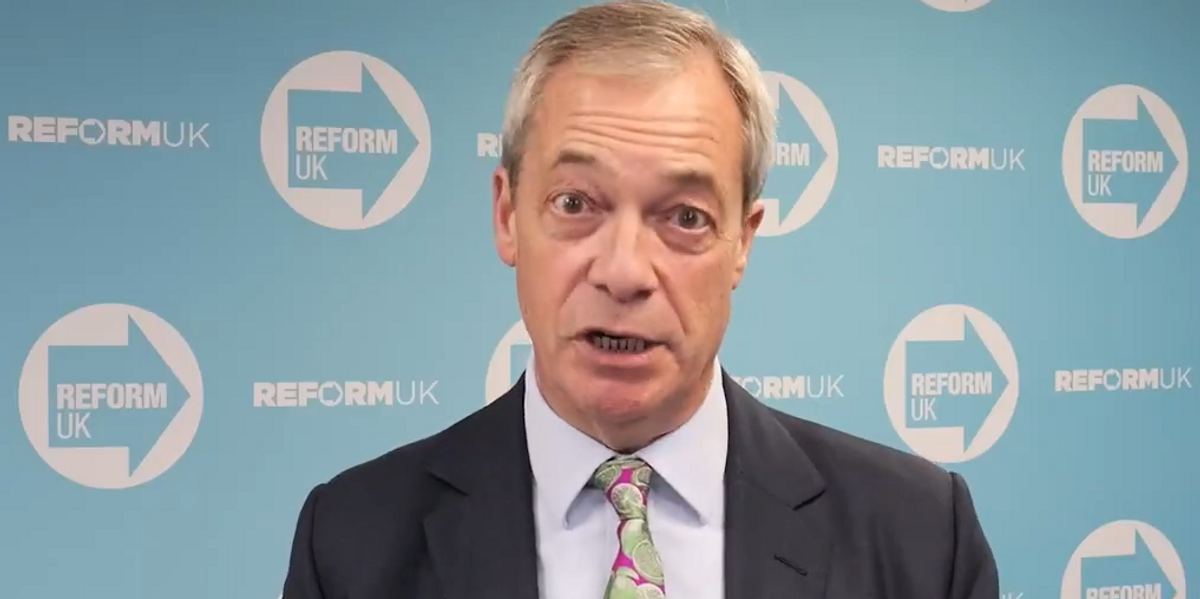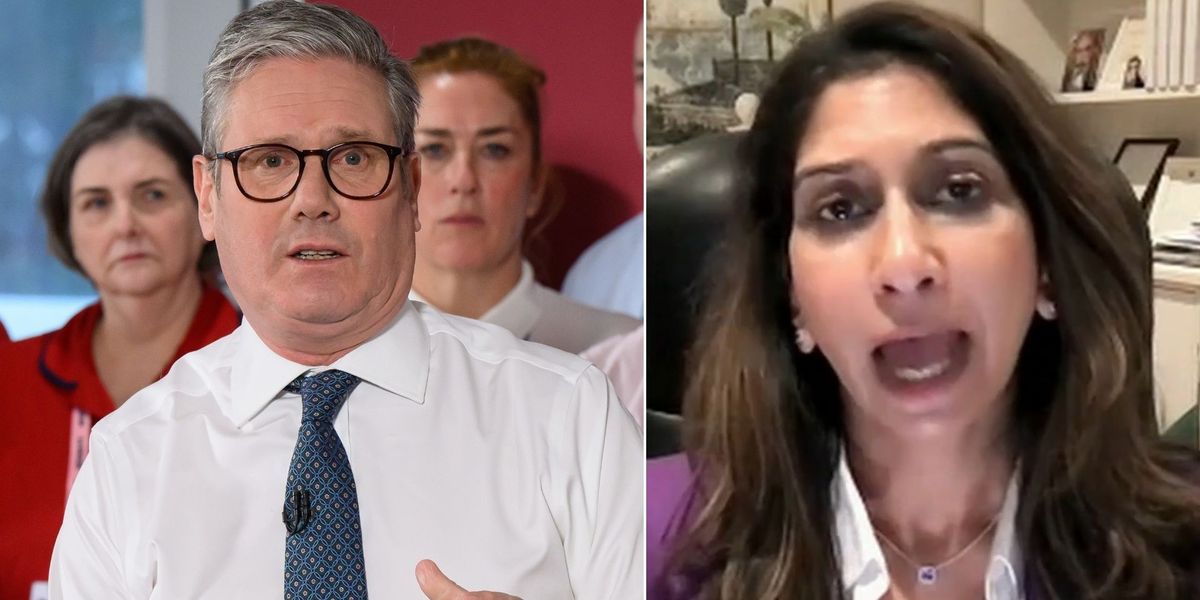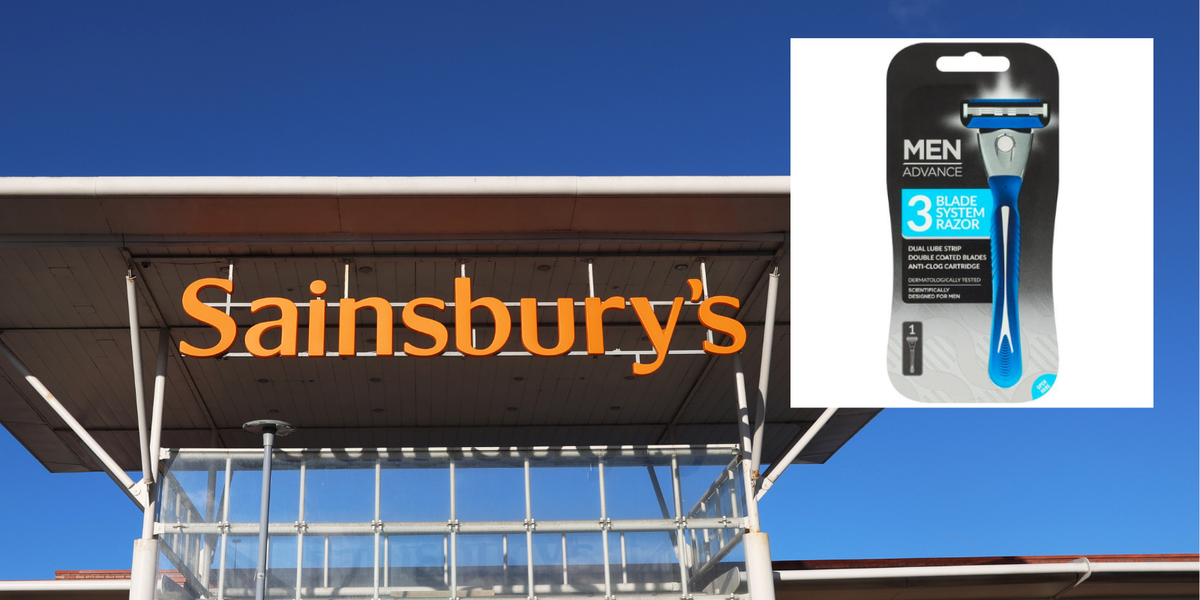The Government has confirmed that it will phase out the sale of new petrol and diesel cars from 2030 and support the uptake of new electric vehicles.
Transport Secretary Heidi Alexander has stated that the Government will ban the sale of internal combustion engine vehicles by the end of the decade.
She added that all new cars and vans will need to be 100 per cent zero emission by 2035. It follows the launch of a new consultation to hear attitudes from manufacturers and key players on the rollout of new electric vehicles.
Through the Zero Emission Vehicle (ZEV) mandate, manufacturers must have at least 28 per cent of car sales come from electric vehicles by the end of the year. This is a six per cent increase compared to 2024.
Do you have a story you’d like to share? Get in touch by emailing[email protected]
The Transport Secretary confirmed that new petrol and diesel car sales would be banned from 2030
GETTY
In the lead-up to the General Election in July, Labour confirmed its intentions to reinstate the 2030 deadline to ban the sale of new petrol and diesel cars and vans.
This came in response to former Prime Minister Rishi Sunak’s decision to delay the ban deadline from 2030 to 2035, alongside a number of other net zero pledges.
In response to this, the Transport Secretary said the previous Conservative administration had “caused significant harm to the industry” by putting the future of petrol, diesel and electric vehicles in jeopardy.
In a written statement to Parliament, the MP for Swindon South, said: “Our plans will restore clarity for manufacturers, provide renewed confidence for charging infrastructure investors and give confidence to consumers considering making the switch.
“No new petrol or diesel cars will be sold after 2030. All new cars and vans will need to be 100 per cent zero emission by 2035.”
She highlighted the need to move away from a reliance on fossil fuels, adding that zero emission vehicles would play a “critical role” in slashing carbon emissions and helping the UK meet its target of being net zero by 2050.
Alexander said the shift to zero emission vehicles would provide “cleaner air and quieter streets” and help Britons slash their bills through cheap charging options at home.
The ZEV mandate consultation seeks views on options to end the sale of new ICE vehicles from 2030 and potential requirements for new non-zero emission vans to be sold from 2030 to 2035.
Some experts have noted their concerns about whether hybrid vehicle sales will be given the green light after 2030, despite still containing large petrol or diesel engines.
The consultation will end on February 18, with the Department for Transport set to work with stakeholders to roll out the suggestions from the feedback.
Alexander added: “In order to support the transition, we need to continue to accelerate the rollout of charging infrastructure right across the country, building on significant deployment to date.
“I have, therefore, also announced a broad package of measures that will make charging infrastructure quicker and easier to install, supporting £6billion of private investment out to 2030.
LATEST DEVELOPMENTS:
Rishi Sunak originally delayed the 2030 car ban deadline alongside other net zero measures
PA
“This includes simplifying planning rules, publishing our review to speed up grid connections, and continuing to provide resource funding for local councils up and down the country.”
This will come alongside over £2.3billion of support already committed by the Government to help drivers and businesses move to zero emission vehicles.













